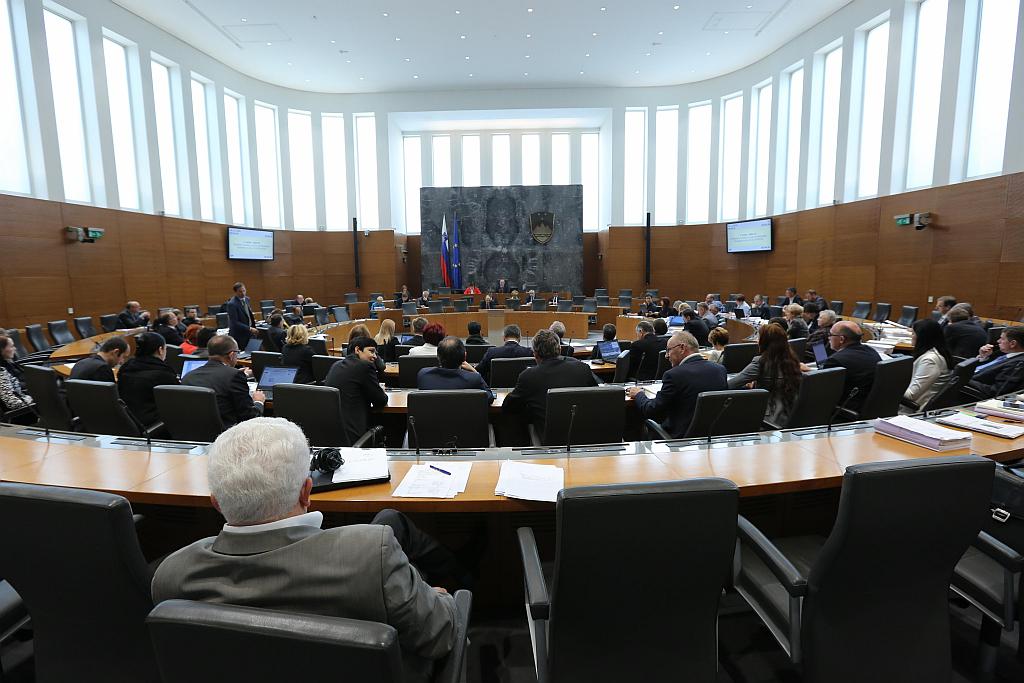Spending should reach 9.5 billion euros next year and 9.6 billion euros in 2018, while revenues are expected to be 8.8 billion euros in 2017 and 9.3 billion euros a year later, Finance Minister Mateja Vranicar Erman told parliament before the vote.
"When preparing the budgets we focused on how the spending can strengthen long-term growth and development and thus improve the well-being of citizens," Vranicar said, adding that investment would be made in transport infrastructure, environmental protection, energy efficiency, and health and education.
While the government plans to reduce the budget deficit to zero by the end of 2020, opposition parties say plans for the next two years are unrealistic, mainly due to public sector demands for higher wages which would increase budget spending.
Last week doctors started a partial strike demanding a 30-percent wage hike.
The government is also in pay negotiations with other public sector trade unions.
Slovenia, which narrowly avoided an international bailout for its banks in 2013, returned to growth in 2014 and expects its economy to expand by 2.9 percent in 2017 and 2.6 percent in 2018, up from 2.3 percent seen this year.
Reuters


































































